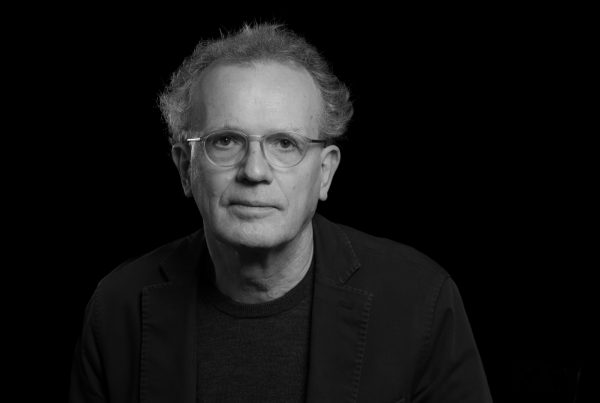Educated in economics, political science and sociology in Hamburg, London and Berlin, Peter Wagner joined ICREA in 2010. Before, he was Research Fellow at the Wissenschaftszentrum Berlin für Sozialforschung (1983-1995), Professor of Sociology at the U of Warwick (1996-2006) and the U of Trento (2006-2010) as well as Professor of Social and Political Theory at the European University Institute in Florence (1999-2006). Furthermore, he was project director at Ural Federal University, Ekaterinburg (2018-2020), and held visiting positions at the University of Hamburg (2019-20), Université de Paris 8 (2011); U catholique de Louvain-la-neuve (2009-10); U of Cape Town (2009-10); EHESS, Paris (1998; 2001); U of California at Berkeley (1996; 1997); Swedish Collegium for Advanced Study, Uppsala; Institute for Advanced Study, Princeton (1990-91), among others. He is a member of Academia Europaea and chair of the section "Social change and social thought" there.
Research interests
Peter Wagner's research is based in comparative historical and political sociology, social and political theory, and sociology of the social sciences. It focuses on the identification and comparative analysis of different forms of social and political modernity and of the historical trajectories and transformations of modern societies. Initially applied to a comparative political sociology of European societies, the research programme has been elaborated further towards a "world-sociology", focusing on Latin American, Southern African and more broadly BRICS societies in terms of global connectedness. In 2022, he also led the research cluster "Modernity in Central Asia" at U ofA Central Asia. Analyzing the persisting tensions between struggles for autonomy and forms of domination, it explores in the light of historical experiences in different world-regions the current possibilities of progress, not least in the face of human action reaching and exceeding planetary boundaries.
Selected publications
- Wagner P 2022, 'Frontiers of modernity: infrastructures and socio-ecological transformations', Historical Social Research, 47, 4, 327-340.
- Wagner P, 'Neuartige Probleme und die Widerständigkeit der Realität', in Karl-Rudolf Korte, Gert Scobel und Taylan Yildiz (eds.): Heuristiken des politischen Entscheidens: Zwischen Komplexität und Kunstfertigkeit, Berlin: Suhrkamp, 2022, 203-226
- Wagner P, 'Mehr Demokratie, weniger Selbstbestimmung? Paradoxien politischen Wandels heute', in: Normative Paradoxien. Verkehrungen des gesellschaftlichen Fortschritts, ed. by Axel Honneth, Kai-Olaf Maiwald, Sarah Speck, and Felix Trautmann, Frankfurt/M: Campus, 2022, 367-396.
- Wagner P, 'Was wäre verdeckter Widerstand in einer Demokratie?' in: Almut Poppinga and Ferdinand Sutterlüty, eds, Verdeckter Widerstand und Demokratie, Frankfurt/M: Campus, 2022.
- Wagner P 2022, 'History 4o Celsius. Search for a Method in the Age of the Anthropocene; The Climate of History in a Planetary Age; Grand Transitions. How the Modern World was Made', The AAG Review of Books, 10:1, 30-3.
Selected research activities
During 2022, a new historico-sociological perspective on questions of climate change and global social and ecological justice has been fully developed, a book publication being envisaged for 2023. The systematic consideration of the changing use of biophysical resources alters our view of the world-regionally uneven processes of "modernization and development" and provides a historical understanding for the current debate about global sustainability. An analysis of the politics of the "great acceleration" in resource use after 1950 showed the socio-political mechanisms that have generated the current climate crisis.
